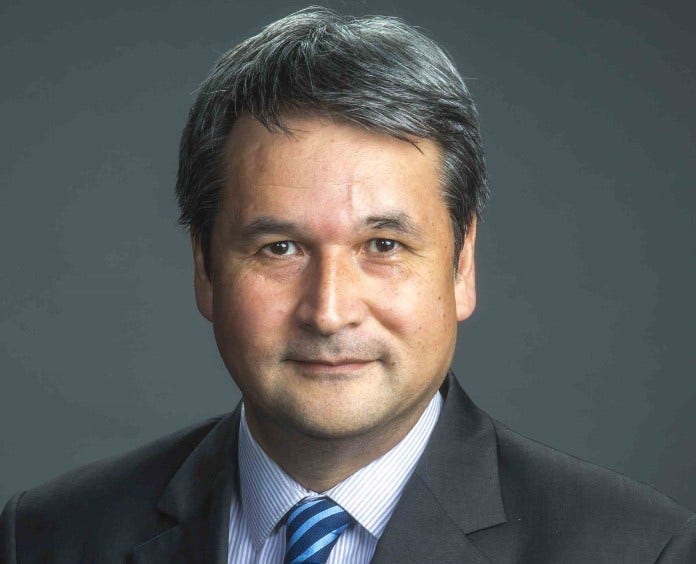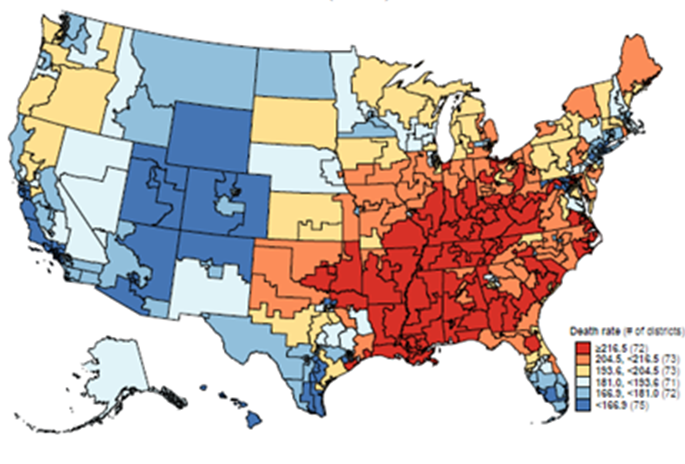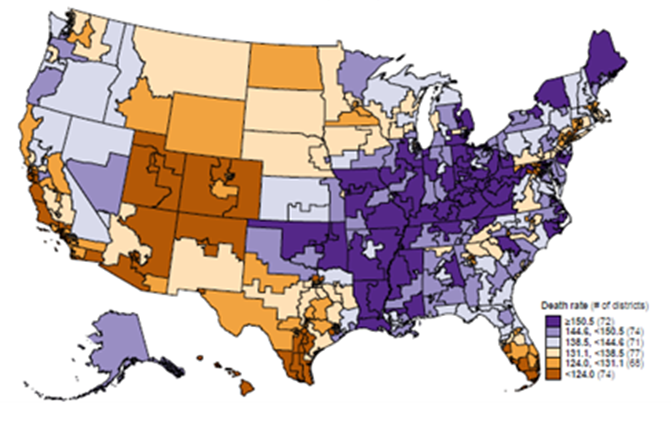- English
- Esta página
- Página inicial
- Arabic (اللغة العربية)
- Chinese (简体中文)
- French (Français)
- Haitian Creole (Kreyòl Ayisyen)
- Hindi (जानकारी)
- Korean (한국어)
- Polish (język polski)
- Portuguese (Português)
- Russian (Русский)
- Spanish (Español)
- Tagalog (Tagalog)
- Ukrainian (Українська)
- Vietnamese (Tiếng Việt)
- All Languages
Español
PDFs by language
Our 24/7 cancer helpline provides information and answers for people dealing with cancer. We can connect you with trained cancer information specialists who will answer questions about a cancer diagnosis and provide guidance and a compassionate ear.
![]()
Chat live online
Select the Live Chat button at the bottom of the page
Our highly trained specialists are available 24/7 via phone and on weekdays can assist through video calls and online chat. We connect patients, caregivers, and family members with essential services and resources at every step of their cancer journey. Ask us how you can get involved and support the fight against cancer. Some of the topics we can assist with include:
- Referrals to patient-related programs or resources
- Donations, website, or event-related assistance
- Tobacco-related topics
- Volunteer opportunities
- Cancer Information
For medical questions, we encourage you to review our information with your doctor.
The State of Cancer Disparities in the United States
ACS reports on racial/ethnic and socioeconomic disparities in cancer occurrence, programs that target cancer disparities, and policy recommendations.
The Challenge
Over the past several decades, there has been progress in cancer prevention, early detection, and treatment in the United States. And that’s lead to overall declines in cancer death rates. Yet, people of color, with lower socioeconomic status, and living in rural areas have not benefited equitably from these advances. The reason is racism and discrimination along with other social determinants of health that lead to both social inequities and discriminatory policies. Together, they are significant root causes of health disparities.
These disparities in cancer outcomes based on race, income, and geography will likely widen without attention from health policymakers and health care providers.
The Research
Farhad Islami, MD, PhD, is the senior scientific director of Cancer Disparity Research in Surveillance & Health Equity Science at the ACS. He and his team updated an analysis of racial/ethnic and socioeconomic disparities in cancer occurrence in the US from 2014 through 2019. They looked at differences in exposure to risk factors for developing cancer, access to utilization of preventive cancer care and cancer screening, cancer incidence, stage at diagnosis, survival, and mortality.
Here are some of their findings:
Incidence rates
- Black women have higher cancer incidence rates than White women for all major types of cancer except for breast cancer, lung cancer, and all cancers combined.
- People of color have higher incidence rates than White people for cancers caused by infections. These include cancers in the cervix, liver, and stomach. The only exception was cervical cancer among Asian Pacific Islanders, which was comparable to rates among White women.
Social Determinants of Health:
Conditions in which people are born, grow, work, live, and age along with a broad set of forces and systems that shape the conditions of daily life. Such forces and systems include social norms, social policies, political systems, economic policies and systems, and development agendas.
Social determinants of health affect educational and job opportunities, income, housing, transportation, public safety, food security, social inclusion and non-discrimination, and access to affordable health services of high quality.
Despite some progress in recent decades, cancer disparities are still a major issue in the United States, and they may further widen because of increasing costs of novel treatments and advanced medical technologies. Much more work needs to be done to enhance health equity and mitigate cancer disparities”
Farhad Islami, MD, PhD
Senior Scientific Director, Cancer Disparity Research
American Cancer Society

Stage at diagnosis
- Black people were the least likely of all races to have an early-stage diagnosis of cancers that have a recommended screening: in the breast, cervix, and lung. Early-stage cancers are usually less complicated to treat and have better outcomes after treatment. For example, early-stage breast cancer was diagnosed in 69% of White women and only 58% of Black women.
- Black people were the most likely of all races to have a late-stage diagnosis of cancers that have a recommended screening. The only exception was for late-stage prostate cancer, which was most likely diagnosed in American Indian/Alaska Native (AI/AN) men. Late-stage cancers have often spread and are more complicated to treat.
- People living in counties with the highest average household income and in more populated cities generally were more likely to have an early-stage diagnosis of cancer and less likely to have a late-stage diagnosis in the breast, cervix, or lung compared to people living in other counties. For example, early-stage lung cancer was diagnosed in 27% of people with lung cancer who lived where the average income was $75,000 a year or higher and only in 20% of people in counties where the average income was $35,000 a year or less.
Cancer survival and cancer death rates
- In general, survival after a cancer diagnosis shorter for people of all races who have a lower socioeconomic status (SES) and who live in a more rural area compared to those with higher SES and in or near a metropolitan area.
- Uterine corpus cancer and oral cavity/pharynx cancer have the greatest differences in survival based on race, with Black people having shorter survivals than White people.
- Cancer death rates are highest among Black people and lowest among Asian Pacific Islander (API) populations.
- Black-White differences in death rates increase based on education levels for all types of cancers combined, and for leading causes of cancer death, including cancers of the breast, colon or rectum, and lung. For example, the risk of dying from breast cancer was 25% higher in Black women compared to White women who had 12 years or less of education. But the risk was 70% higher in Black women compared to White women who had 16 or more years of education.
- Cancer death rates are higher in the South and Appalachia regions of the US.
Cancer Death Rate Disparities by Region in the United States—Males

For men, areas with the darkest orange had the highest death rates from cancer. Areas that are the darkest blue had the lowest cancer death rates for men.
Cancer Death Rate Disparities by Region in the United States—Females

For women, areas with the darkest purple had the highest death rates from cancer. Areas with the darkest orange had the lowest cancer death rates for women.
Why It Matters
Broad and equitable use of interventions that are known to effectively ensure access to care could substantially reduce cancer disparities. The authors emphasize that progress requires equitable policies at the local, state, and federal levels and actions from broad interdisciplinary groups to elevate and address fundamental social inequities and longstanding systemic racism.


